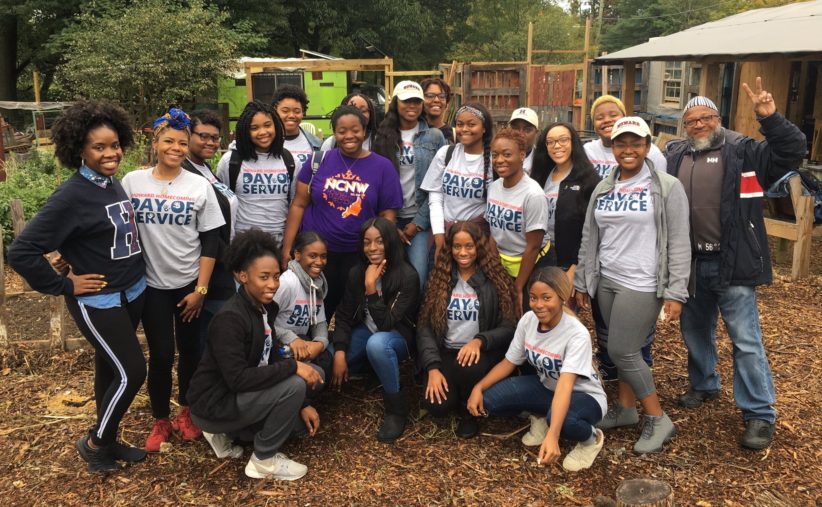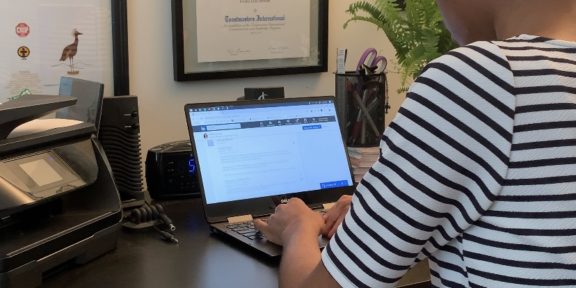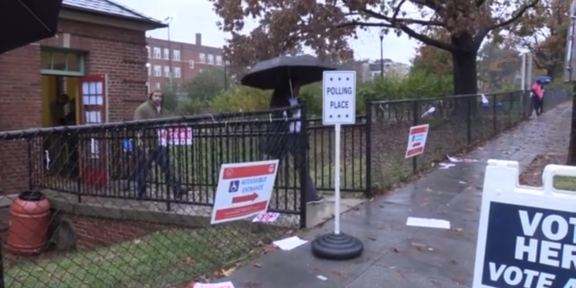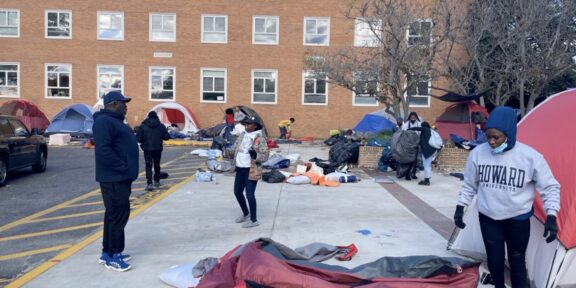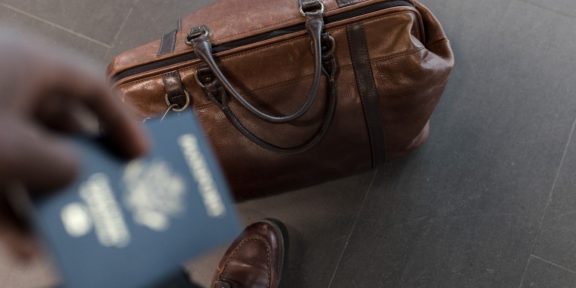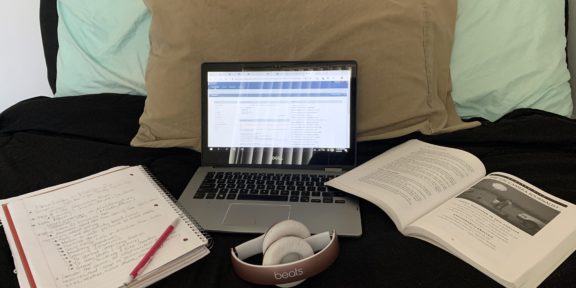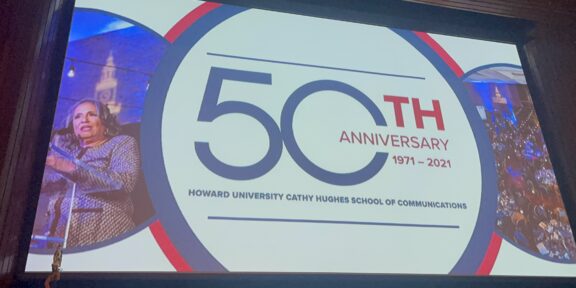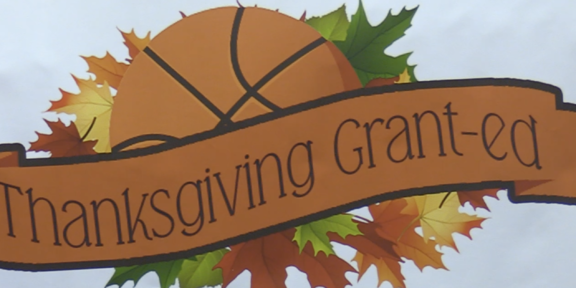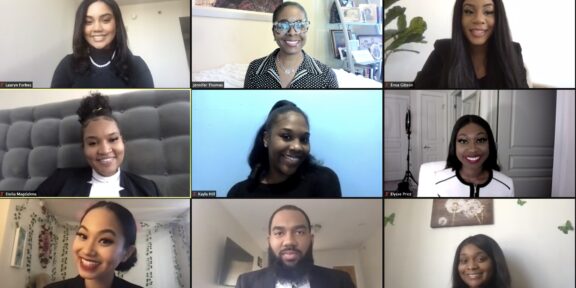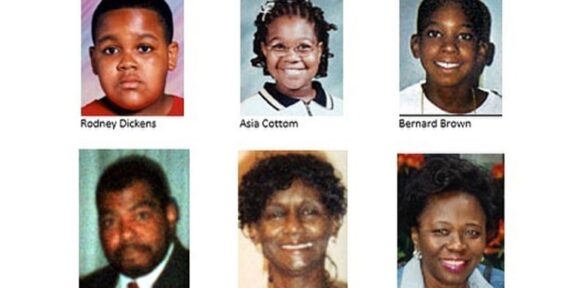Howard University students are constantly seeking after the embodiment of truth and service. This weekend was no exception.
Over 940 students registered for the annual Howard University Homecoming Day of Service (HUHDOS). Grounded in “truth and united in service”, students went to 26 sites to assist African-American communities across Washington D.C. this year.
Sixteen students went to a community beautification site in Northeast, where the founders have a strategic and calculated plan to restore the community’s health.
Two ex-convicts transformed an empty lot into a community garden to promote wellness and self-sustainability in Ward 7. Boe Luther and Wallace Kirby started Hustlaz 2 Harvesters as a means to offer residents a different avenue of economic empowerment through agriculture.
Kirby and Luther said impoverishment played a huge role in their criminality. Their economic status often led to rebellion, but said their acts were never meant to hurt others but to make ends meet. Located in the Clay Terrace NE neighborhood, the garden is used to help the community grow its way out of food scarcity amidst a grocery store gap in the nation’s capital.
The limited access to healthy produce is nothing new to those located east of the Anacostia River. Based on the limited food, lack of transportation access and household income, “more than three-quarters of the food deserts in D.C. are located in Wards 7 and 8.”
Born and raised in Clay Terrace, Luther and Kirby’s roots were already embedded in agriculture claiming that the neighborhood used to be a farming community.
“When Boe and I were in elementary school, our teachers brought us on nature walks. They taught us everything. Every tree, every plant, every animal–this whole terrain, the whole ecosystem. We had this real bond with the soil,” said Kirby.
“This is an updated replica of what that was right here in this neighborhood. A neighborhood that you see on the news about how bad and torn down it is. In spite of all of that, look what you see. A little small oasis,” Luther said.
According to the men, the model of farming in the community is not new or recent. Their knowledge of agriculture and farming was very useful during the 1968 riots that followed the assassination of Rev. Dr. Martin Luther King Jr.
According to Kirby, Clay Terrace was “under siege” and due to the lack of food and water distributed to the area, residents had to resort to gardening.
“We had no food. Nothing. Since everyone knew how to plant and everyone had a garden, that was our sustaining grace. It’s not like the National Guard was bringing pantry food. We had to survive. Fortunately, we had those skills and resorted back to gardening,” Kirby recalled.
Students learned about the skills and knowledge needed for food production and farming practice in addition to the business principles that are essential to the agricultural industry. The garden had an abundance of mint, lavender, hot chili peppers, and grapevine spinach.
Lexia Leake, a senior whose first HUHDOS was Saturday, found the visit moving and came to understand the importance of self-sustainability.
“The fact that Uncle Boe came from this area, went to jail and came back to his roots to contribute and uplift his community is very inspiring. It’s important to learn how to self-sustain yourself because at times you won’t be able to have people to help you out. You figure out the tools and skill sets that you need to help improve self which will improve your overall life,” said Leake.
The garden was many students’ first visit and introduction to community beautification. With the abundance of green space in Northeast, Luther and Kirby shared with students their passion for African-Americans to create their own sustaining area of space.
Other initiatives included: homelessness and food insecurity, health, education, elder care, and violence prevention. HUHDOS is the first event that marks the beginning of homecoming week.

